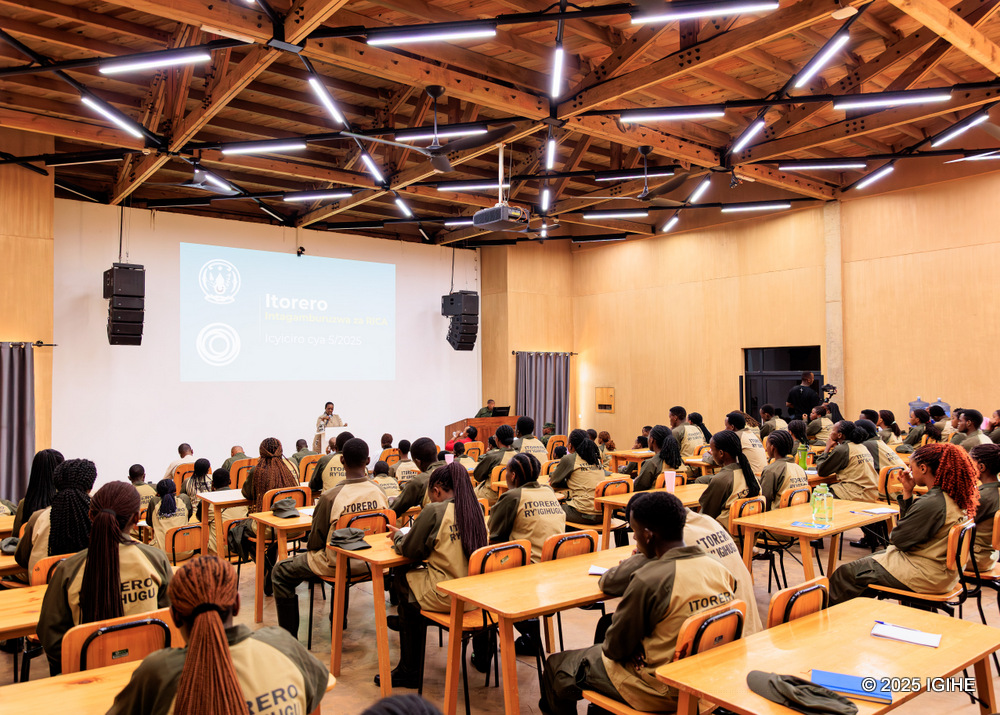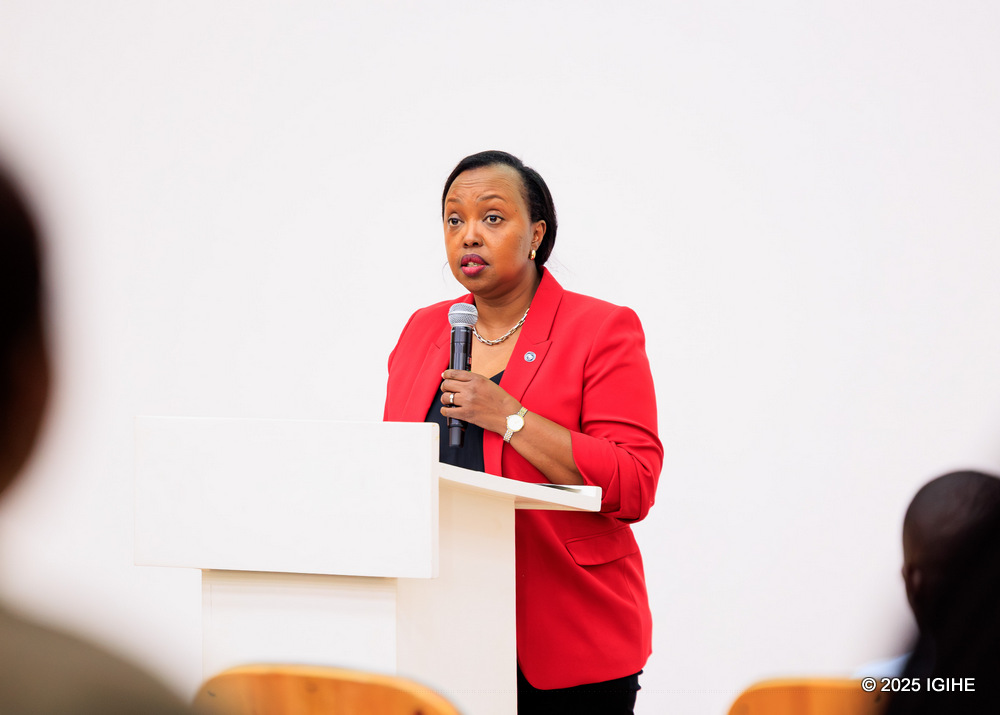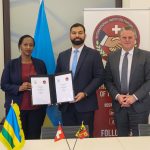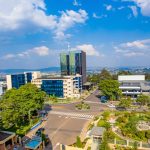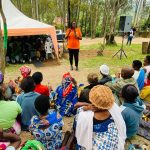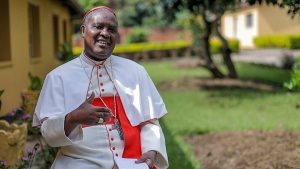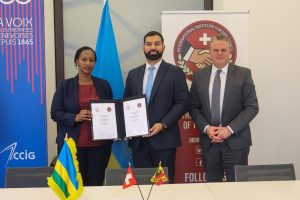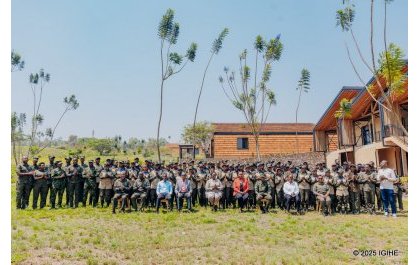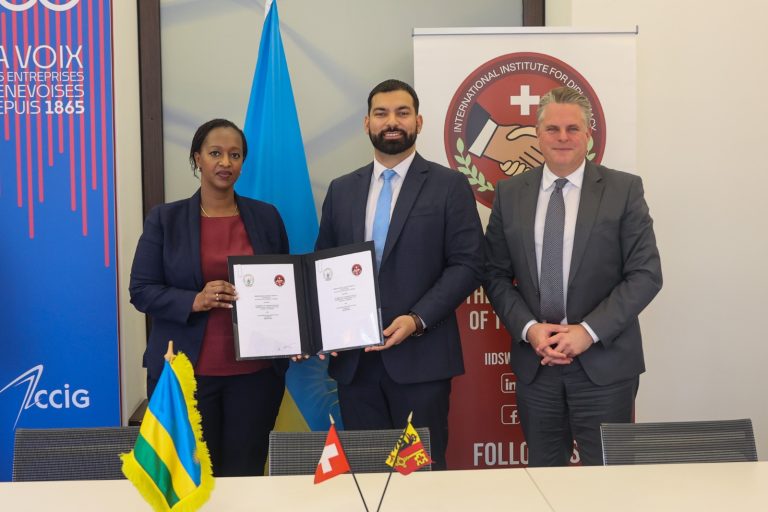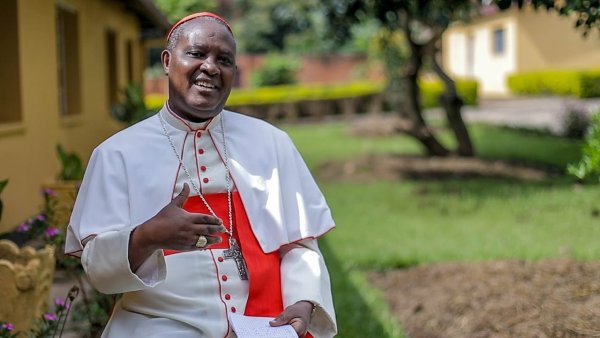The Executive Director for National Unity and Resilience at the Ministry of National Unity and Civic Engagement (MINUBUMWE), Uwera Kayumba Marie Alice, has called on universities and higher learning institutions to draw lessons from the Rwanda Institute for Conservation Agriculture (RICA) in preparing Itorero programs for their incoming students.
She made the remarks on September 1, 2025, during the launch of the fifth edition of Itorero Intagamburuzwa at RICA, located in Bugesera District.
This year’s program brings together 84 first-year students beginning their studies at RICA.
The training is designed to equip students with Rwandan cultural values and norms, with the goal of nurturing patriotic youth who embody unity, integrity, discipline, hard work, loyalty, and other values rooted in Rwanda’s heritage.
Uwera emphasized that Itorero Intagamburuzwa is a national program meant for students in universities and higher learning institutions. However, she noted that few universities take the initiative to organize it independently rather than waiting for the general program organized for all university students.
She explained:
“What makes RICA’s program unique, and what we encourage other institutions to adopt, is that it is conducted before students officially begin classes. They first go through Itorero training, which shapes their mindset before starting their academic journey.”
According to her, this approach helps students set clear goals and understand their role in contributing to both their communities and the nation as a whole.
Michelle Ntukanyagwe, RICA’s Deputy Director in charge of Student Welfare, highlighted the long-term impact of the program:
“By the time our students reach their third year, they embark on a six-month internship in various parts of the country. The lessons from Itorero help them assess: What does the district where I am placed need? What knowledge am I bringing? How can I support the local community? This way, they are able to provide innovative solutions.”
The program is facilitated by 30 trainers, including 17 students who participated in previous cohorts.
Benitus Niyompano, a third-year student and one of the trainers, said that peer-to-peer training makes the program more effective and relatable:
“When we guide fellow students, they find it easier to understand and see that what we are teaching them is achievable.”
For her part, trainee Bahati Queen encouraged female students not to hesitate to join Itorero, stressing that trainers take into account everyone’s abilities:
“Here, trainers understand that we don’t all have the same physical strength. During exercises, they assign tasks that match our abilities. The most important thing is to complete the training while gaining the same lessons as everyone else.”
To date, RICA has trained 336 students through four cohorts, with an additional 84 students currently participating in the fifth edition.
Author: Justinmind HARERIMANA
